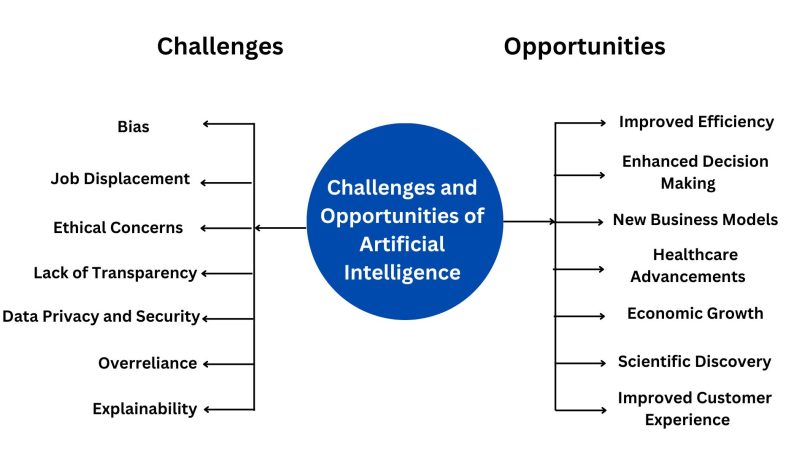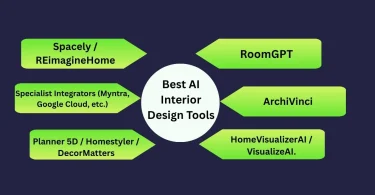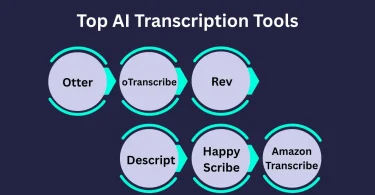AI is defined as the ability of a machine to work and think like a human being and make decisions on its own. AI is not new; it dates back to the 1950s when computer scientists thought of how to design machines that could copycat human intelligence. But the last few years have seen great progress in AI due to the availability of large amounts of data, the advancement in computing hardware and the enhancement of algorithms and techniques.
People use AI to search for information on the internet, speak with smart devices, play games, watch movies and listen to music, have smart cars, and even diagnose some diseases.
AI is transforming different fields such as agriculture, manufacturing, education, finance, healthcare, entertainment, etc. AI can increase production levels, effectiveness, product quality, and creativity, in addition to opening new possibilities and demand.
Challenges of Artificial Intelligence
- Bias
- Job Displacement
- Ethical Concerns
- Lack of Transparency
- Data Privacy and Security
- Overreliance
- Explainability
Ethical Considerations
It is among the most noteworthy problems of AI. With the increasing level of AI self-sufficiency, issues related to responsibility, prejudice, and confidentiality emerge. Maintaining fairness and responsibility for AI is still a major issue.
Job Disruption
The new generation of job automation with the help of artificial intelligence drastically changes the current job market. , it effectively discharges some of the repetitive tasks, yet it also generates new positions and requires new competencies. The shift may result in job loss hence the need to prepare and train the workforce to meet new demands.
Data Privacy and Security
The accumulation, storage and processing of huge amounts of personal and sensitive data are considered as the major threats to personal data protection. The protection of data and its proper usage are the key to maintaining the trust of people in AI technologies.
Lack of Transparency
One of the biggest issues with most complex AI algorithms is that they are difficult to explain and it is not easy to determine how an AI came about a particular decision. This opaqueness can therefore spark questions on biases, especially in sensitive fields such as medical or the judicial system.
Opportunities for Artificial Intelligence
- Improved Efficiency
- Enhanced Decision Making
- New Business Models
- Healthcare Advancements
- Economic Growth
- Scientific Discovery
- Improved Customer Experience
- Environmental Sustainability
Augmented Efficiency and Productivity
It helps in the reduction of manual work; allows human beings to work on more challenging and innovative projects. It also helps to organize the work processes, increase accuracy and productivity, as well as aid in reaching such important objectives as higher levels of productivity.
Enhanced Decision-Making
AI systems take lots of data and can analyze them and give significant information. This puts the control and management of data into the hands of the business and individuals, thus enhancing the results and efficiency.
Personalized Experiences
By collecting and analyzing information about users, it can provide them with tailored offerings. In e-commerce, it helps recommend specific products; in education, it can provide individualized lessons for each student and so on, increasing user satisfaction.
Advancements in Healthcare
AI is one of the most promising fields in healthcare as it can help diagnose infections, find new medications, and develop treatment strategies.
Machine learning methods can process medical data and come up with a correct diagnosis, resulting in enhancing the quality of patient care.
Automation and Robotics
Automation and robotics resulting from advances in artificial intelligence are used to revolutionize industries like manufacturing and transportation.
Conclusion
The topic of artificial intelligence is quite complex given the opportunities and challenges it brings to the contemporary workplace and day-to-day existence. There are still issues like ethical concerns, job loss, and data protection, but at the same time, AI opens up opportunities for optimization, improved decision-making, individualization, development of medicine, and automation of most sectors. Solving these problems is possible only with the help of joint actions of political authorities, businesses, and society. Creating strong and effective guidelines, encouraging the responsible use of AI, put some limitation on the use of AI, and investing in knowledge and experience are necessary for the AI’s positive and optimal use.




Leave a Comment